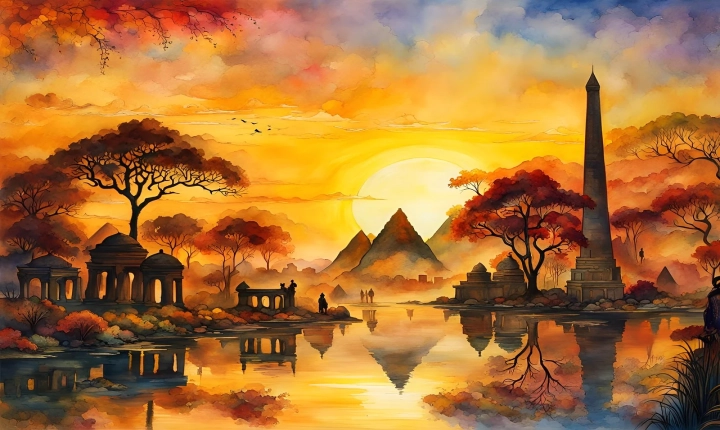Title: Exploring the Creativity of Leonardo AI: Music Generation
Leonardo AI, developed by OpenAI, has quickly made a name for itself as a powerful tool for generating a wide variety of content, from images to text. However, one of its most underrated capabilities is its ability to generate music. This raises a fascinating question: can an artificial intelligence system truly create meaningful, original music?
Leonardo AI uses a form of machine learning called GPT-3, which is trained on a diverse array of data to understand and generate human-like text or in this case, music. Through this approach, it can generate musical compositions based on a wide range of styles and genres. The system can also manipulate and modify existing musical pieces to create something entirely new.
At first glance, the idea of a machine creating music may seem impersonal and devoid of emotion or artistry. However, as we delve deeper into Leonardo AI’s music generation capabilities, we find that the results can be surprisingly compelling. The system is not merely regurgitating pre-existing compositions, but rather, it is creating new and original music that can evoke a range of emotions in the listener.
Furthermore, Leonardo AI enables musicians and creators to collaborate with the AI to expand their own creative horizons. By using the system to generate musical ideas, artists can find inspiration and even use the generated content as a starting point for further exploration and refinement.
Critics may argue that the music generated by Leonardo AI lacks the depth and complexity of human-generated compositions. While there is truth to this claim, it is important to recognize that the AI’s creations are not meant to replace human musicians, but rather to complement and enhance their creative processes. The AI can serve as a tool for generating novel ideas and sparking new directions in composition.
Additionally, the AI-generated music can serve as a valuable resource for content creators working in fields such as film, advertising, and gaming. The ability to quickly generate high-quality music that fits specific moods and themes can be a game-changer for these industries.
Despite the incredible potential of Leonardo AI’s music generation capabilities, there are ethical considerations that must be taken into account. The issue of copyright and intellectual property is particularly complex when it comes to AI-generated music. As the technology continues to evolve, it will be crucial to establish clear guidelines and regulations to govern the use and distribution of AI-generated compositions.
In conclusion, the advent of Leonardo AI has opened up new and exciting possibilities in the realm of music creation. While it may not replace human composers and musicians, it offers a unique and valuable approach to generating music that has the potential to inspire, innovate, and enhance the creative process. As the technology continues to advance, we can look forward to even more innovative and surprising developments in the field of AI-generated music.
